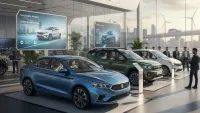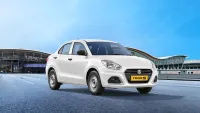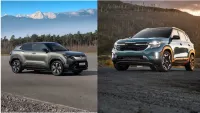Maruti Safety ExplainedM sounds serious, right? It is. Because for years, Maruti Suzuki was known for mileage, not muscle. But times change. Buyers want safety now. They want to feel protected, not just connected. And Maruti knows that. In 2025, the company has taken real steps forward stronger frames, better airbags, and more tech that actually works. Some models still carry the old bones, yes, but the difference is visible. The door thud feels heavier. The chassis feels tighter. You feel it the moment you take a turn. In this story, we’ll walk through how Maruti’s safety game evolved from the light Heartect days to the tough Global C and Toyota linked platforms. It’s a mix of fact, feedback, and some real world impressions. No jargon. Just what you need to know before buying your next Maruti.
Key Highlights (Quick Info)
| Topic | Maruti Safety Explained 2025 Overview |
| Safety Platforms | Heartect, Global C, TECT, and Toyota TNGA based frames |
| Crash Ratings (GNCAP) | Baleno (3★), Swift (2★), Brezza (4★), Grand Vitara (4★) |
| Airbags | 2 to 6 airbags depending on variant |
| ADAS | Available on Invicto, Grand Vitara, Fronx (Top trims only) |
| Safest Maruti | Grand Vitara or Toyota Hyryder |
| Platform Focus | Shift from Heartect to Global C and TNGA derived bases |
| Year | 2025 |
Design and Exterior
The Maruti Safety Explained journey starts with what you see first design. The shape may not shout safety, but it whispers strength now. Older Heartect based cars like Swift or Baleno still look sleek and light, but you can feel they’re made for efficiency, not endurance. Then you touch a Brezza door. Thud. Solid. The new Global C platform adds that missing confidence. The Grand Vitara takes it a notch higher thicker panels, wider stance, tougher shell. Even Invicto feels Toyota like, and that’s a compliment. There’s a bit of pride when you close the door it doesn’t sound hollow anymore. That’s progress you can literally hear. The design still stays elegant, nothing wild, but underneath it’s now much stronger than it looks. And honestly, that’s how safety should be. Quiet confidence.
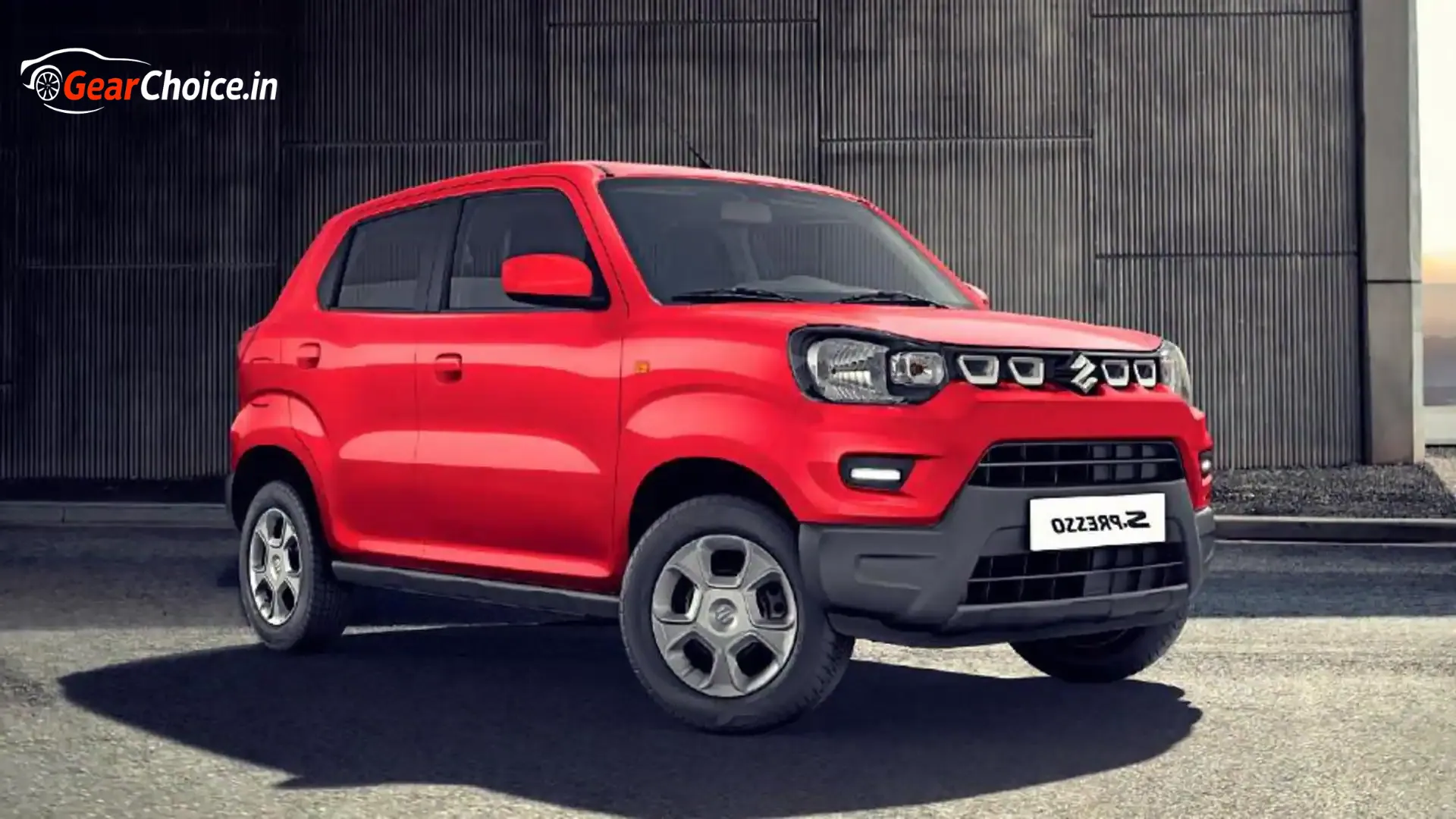
Engine, Power & Performance
Now, you might ask, what does an engine have to do with safety? In Maruti Safety Explained, it’s more than horsepower. It’s control. The new K Series engines are not meant to thrill; they’re built to behave. The 1.2L DualJet in Swift, the 1.5L in Brezza, and the Hybrid in Grand Vitara — all tuned to stay calm and predictable. When you brake hard, they don’t lunge. When you corner fast, they stay balanced. That’s stability. And that’s safety. Sure, the lighter Heartect cars feel a bit jumpy at highway speeds you feel wind pushing them. But in the new SUVs, it’s different. More grip, less panic. The weight balance, the improved suspension tuning, everything adds up. So no, Maruti isn’t making racing machines. But they’re making cars that can handle real roads potholes, panic stops, and sudden swerves like grown ups.
Interior & Features
Inside, the Maruti Safety Explained chapter feels more comforting than ever. The cabins are no longer bare bones. Even small cars now come with seatbelt reminders for all passengers, high speed alerts, and ISOFIX anchors for child seats. It’s a sign Maruti is finally paying attention. The bigger models Fronx, Brezza, Grand Vitara take it further with 6 airbags, hill hold, traction control, and even a 360 degree camera. The Grand Vitara’s interior feels tight, premium, and built with better materials. The layout is simple, buttons where they should be — less distraction, more control. The Ciaz and Ertiga still keep things functional, nothing flashy, but useful. You won’t find luxury levels of finish here, but you’ll find comfort. And honestly, comfort is safety too because when you’re relaxed, you drive better.
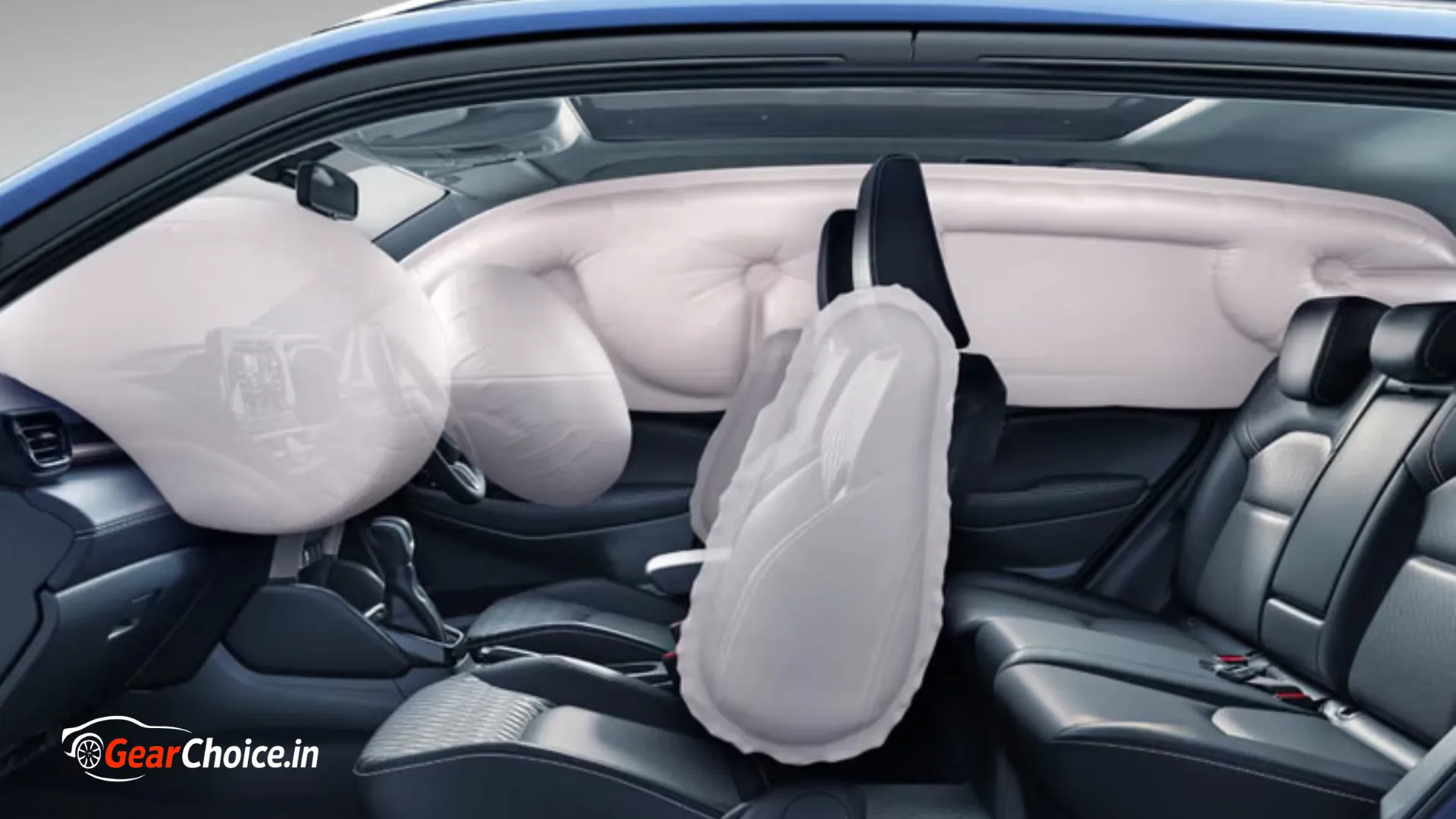
Safety and Technology
This is the heart of Maruti Safety Explained. It’s where the brand finally started catching up. Remember the early GNCAP tests? Embarrassing. Low stars, poor ratings. But things changed fast. The Brezza and Grand Vitara now carry 4 star ratings. That’s a big leap. They’re built on the Global C platform, the same base that shares traits with Toyota’s design. More high tensile steel, more structural reinforcements, better crumple zones. The result? A car that takes impact smarter, not just harder. ADAS too has entered the chat — adaptive cruise control, lane departure alert, and pre collision warnings in Invicto and Grand Vitara. It’s not perfect, but it works decently in real world Indian traffic. Meanwhile, the older Heartect cars still lag — lighter, less solid, and lower on scores. Maruti says a new Swift in 2025 will fix that. Fingers crossed. Because they’re so close now — to being truly safe, not just safe enough.
Price and Launch Date in India
Every model under Maruti Safety Explained is already on sale, but the real updates are coming. The next gen Swift and Dzire are expected mid 2025, built on a stronger, safer platform with upgraded airbags. Prices still remain Maruti like — honest and grounded. Swift starts around ₹6 lakh, Brezza around ₹8.5 lakh, Grand Vitara around ₹10.8 lakh. The Invicto, with its Toyota DNA, sits above ₹20 lakh. For what you get — stronger frames, better interiors, more airbags, and even ADAS — it’s worth the money. Maruti has finally realized something important: safety isn’t a luxury. It’s a basic expectation. And they’re delivering it without burning your wallet. That’s probably why the brand still leads the charts — not because they’re perfect, but because they’re learning fast.
Rival Comparison
Let’s be honest — the Maruti Safety Explained competition is tough. Tata, Mahindra, Hyundai — they all brought their A game early. Tata’s Nexon and Harrier feel like tanks. Hyundai’s Creta offers tech loaded protection. Mahindra’s Scorpio N? Built like a fortress. Maruti’s fightback is quiet but steady. The Brezza now matches Nexon’s 4 star strength. The Grand Vitara feels nearly as solid as Creta. Even their CNG cars are safer than before, thanks to dual ECUs and reinforced tanks. So while Maruti still trails in raw build toughness, it’s catching up on consistency. And consistency wins over time. You can feel the brand trying — not pretending. That’s what makes 2025 different from 2018. Maruti isn’t defensive anymore. They’re listening.
Expert Opinion / Conclusion
After going deep into Maruti Safety Explained, one thought keeps coming back — this brand finally matured. No sugarcoating. The smaller cars still need work, yes. The Swift and WagonR don’t magically become strong overnight. But the bigger ones — Brezza, Grand Vitara, Invicto — they tell a different story. The story of change. Real change. The doors sound heavier, the cabins feel sturdier, and the crash ratings prove it. Maruti still isn’t building tanks, but they’re finally building trust. And that’s huge. For a company that once chased mileage, they’re now chasing safety — slowly, sincerely, and smartly. The journey’s not over, but it’s moving in the right direction. If 2025 is any clue, Maruti’s future cars won’t just be fuel efficient — they’ll be life efficient too.


